Analyzing Ethics and the Role of Leadership in Business Organizations
VerifiedAdded on 2023/06/03
|12
|885
|329
Essay
AI Summary
This essay delves into the critical importance of ethics and ethical leadership within organizations, emphasizing how business ethics serves as a form of professional and applied ethics. It highlights the role of leadership in ethical decision-making, particularly in protecting organizations from unethical behavior and understanding the interplay between leadership, decision-making, and ethical conduct. The essay further explores the complexities of ethics in a global economy, where factors like culture, religion, and global governance impact business operations, advocating for global ethics to benefit all stakeholders. It addresses social responsibility as an ethical framework, stressing the need for organizations to balance economic goals with societal well-being and maintain strong relationships with stakeholders. Additionally, the essay examines charismatic and transformational leadership traits, emphasizing the adoption of ethical attitudes, behaviors, and styles to foster a positive ethical climate, ultimately concluding that organizations should prioritize resolving internal issues by integrating ethics and strong leadership practices.
1 out of 12
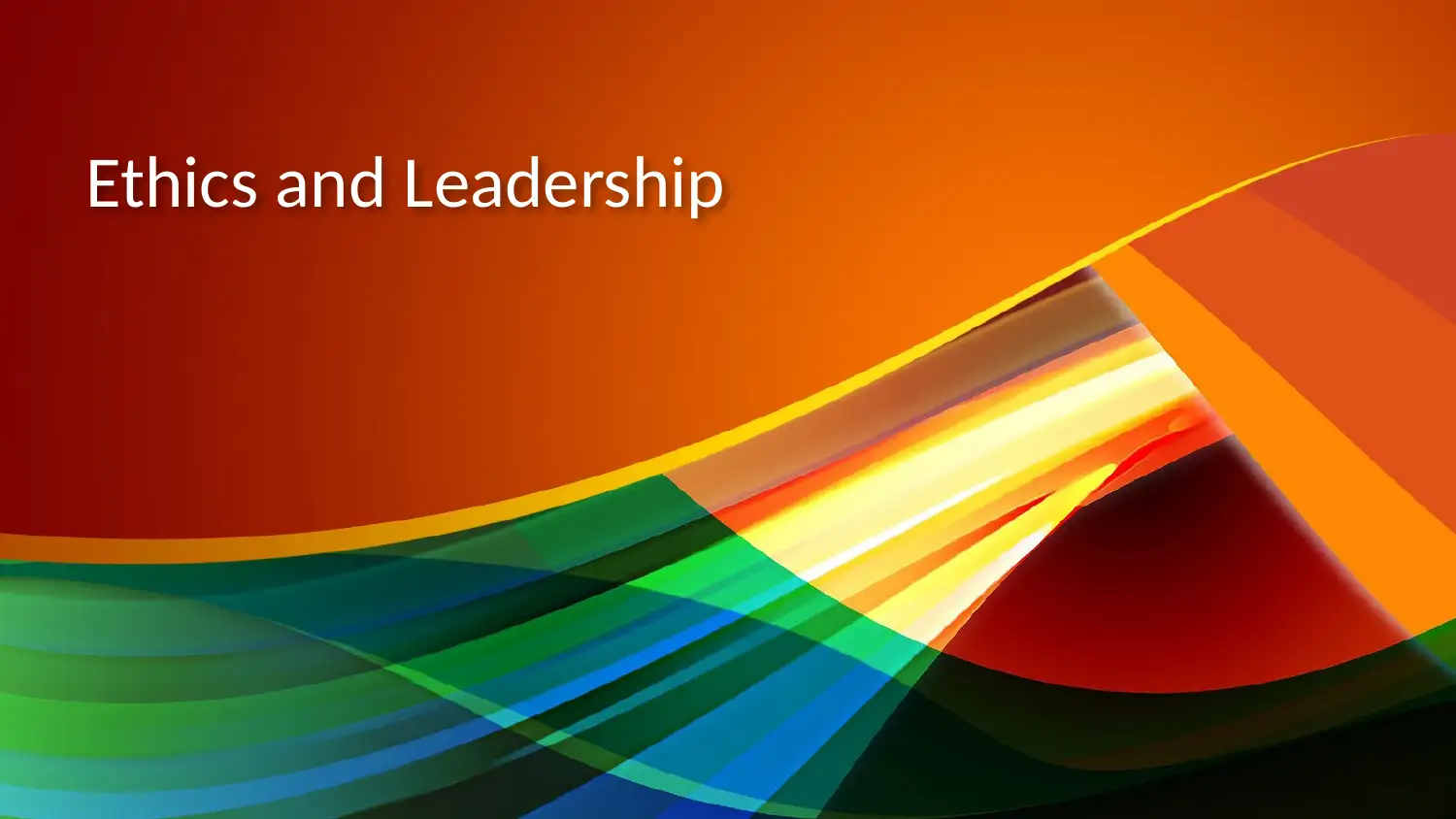
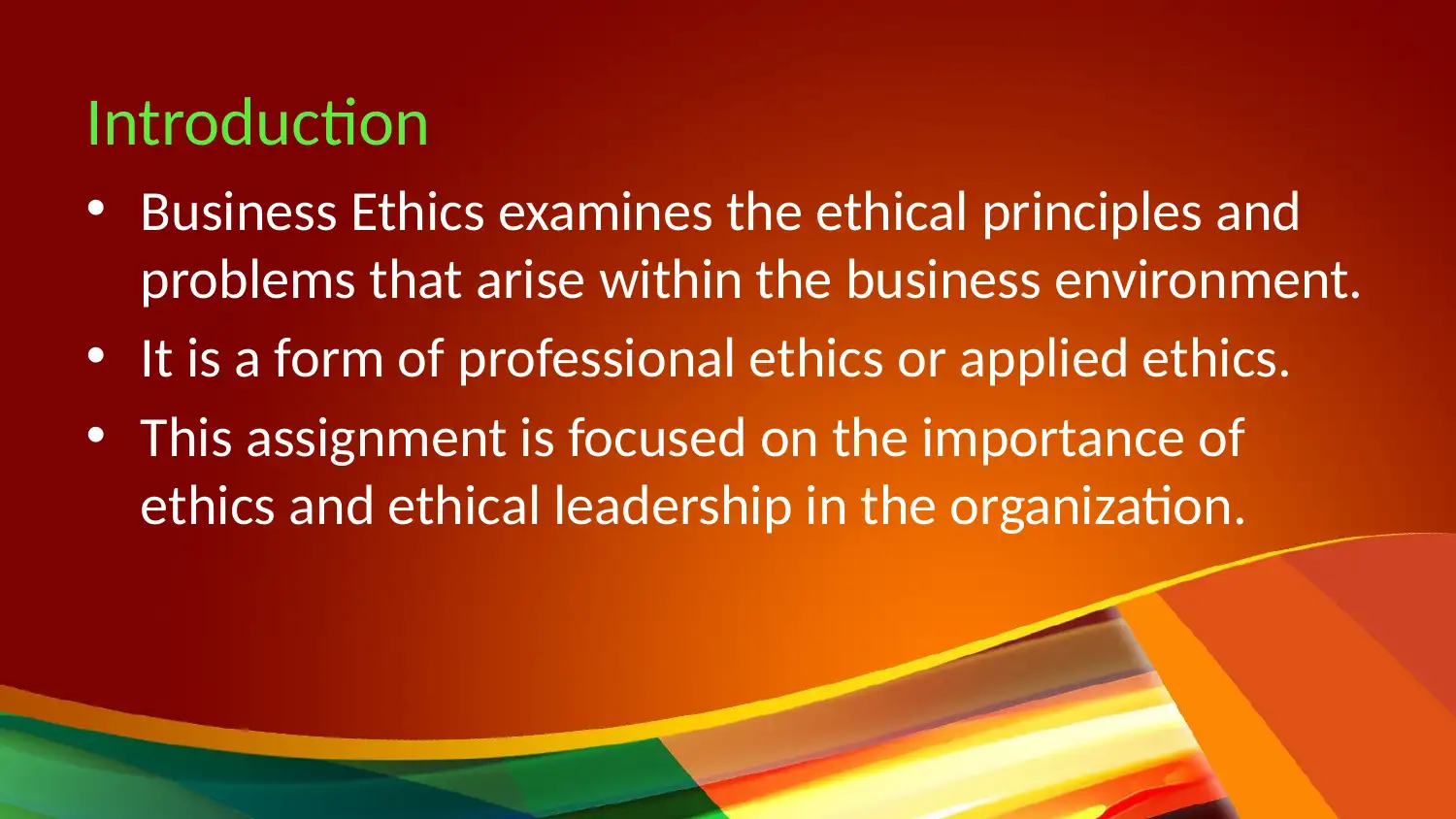
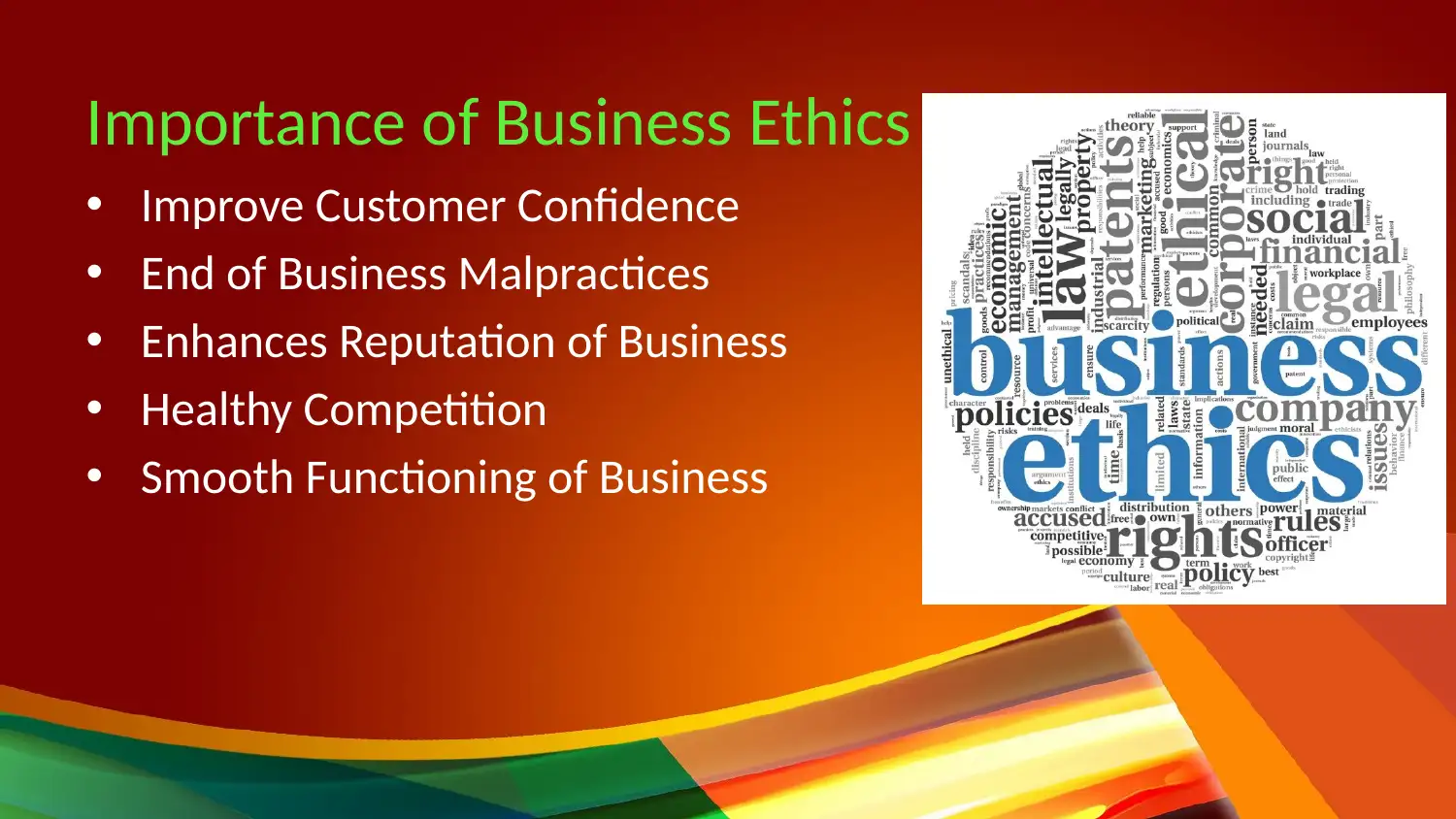

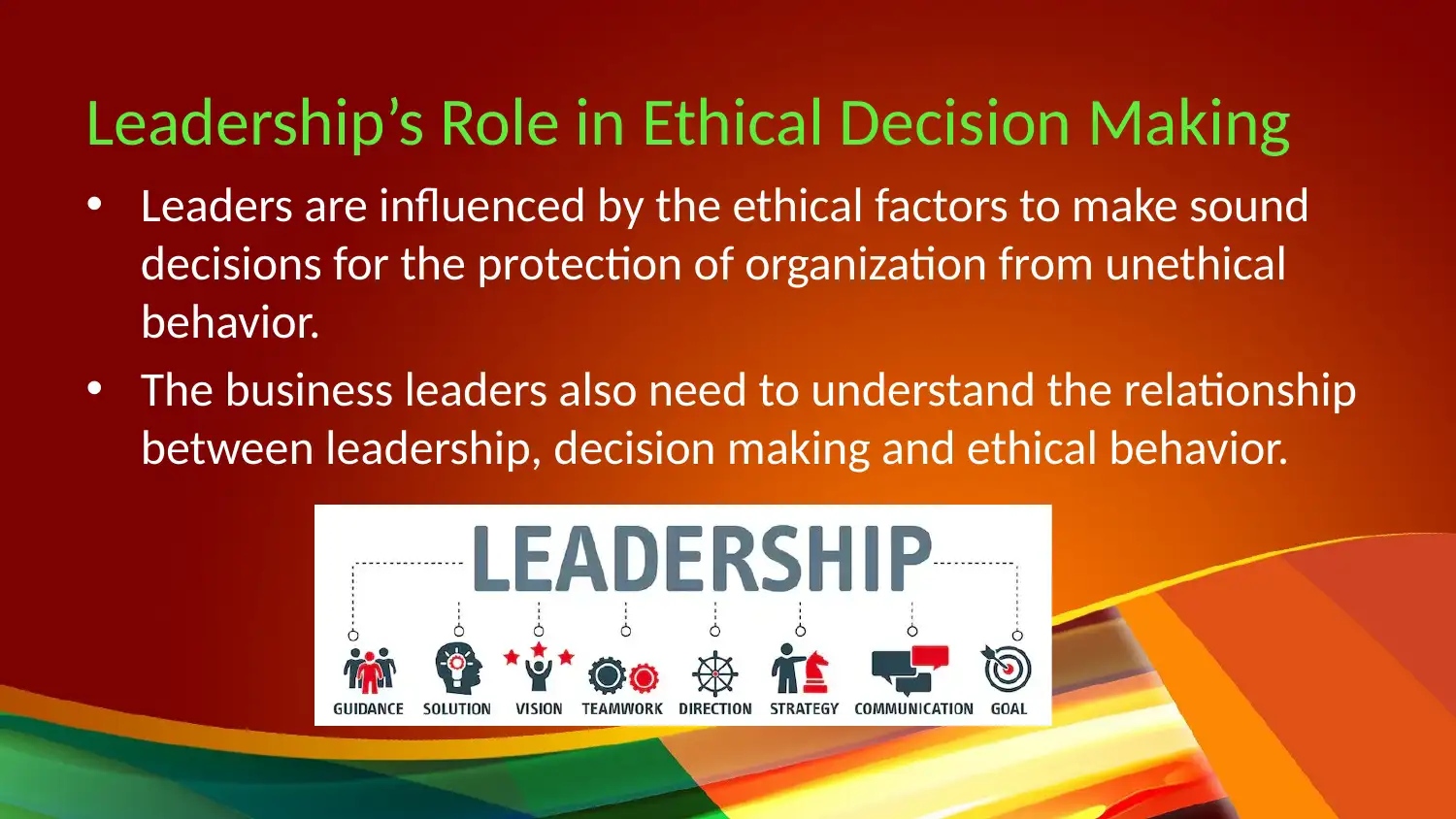
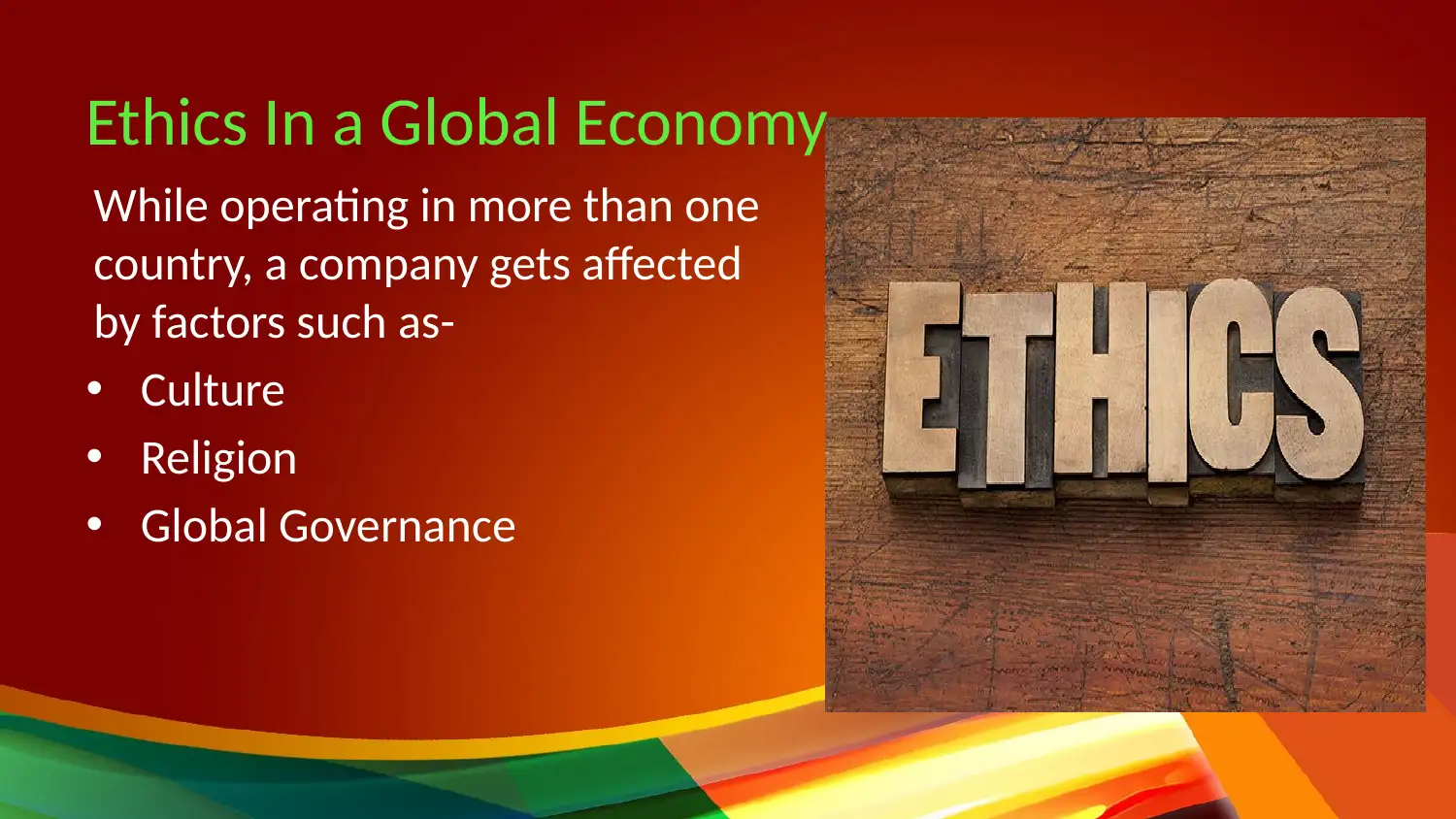
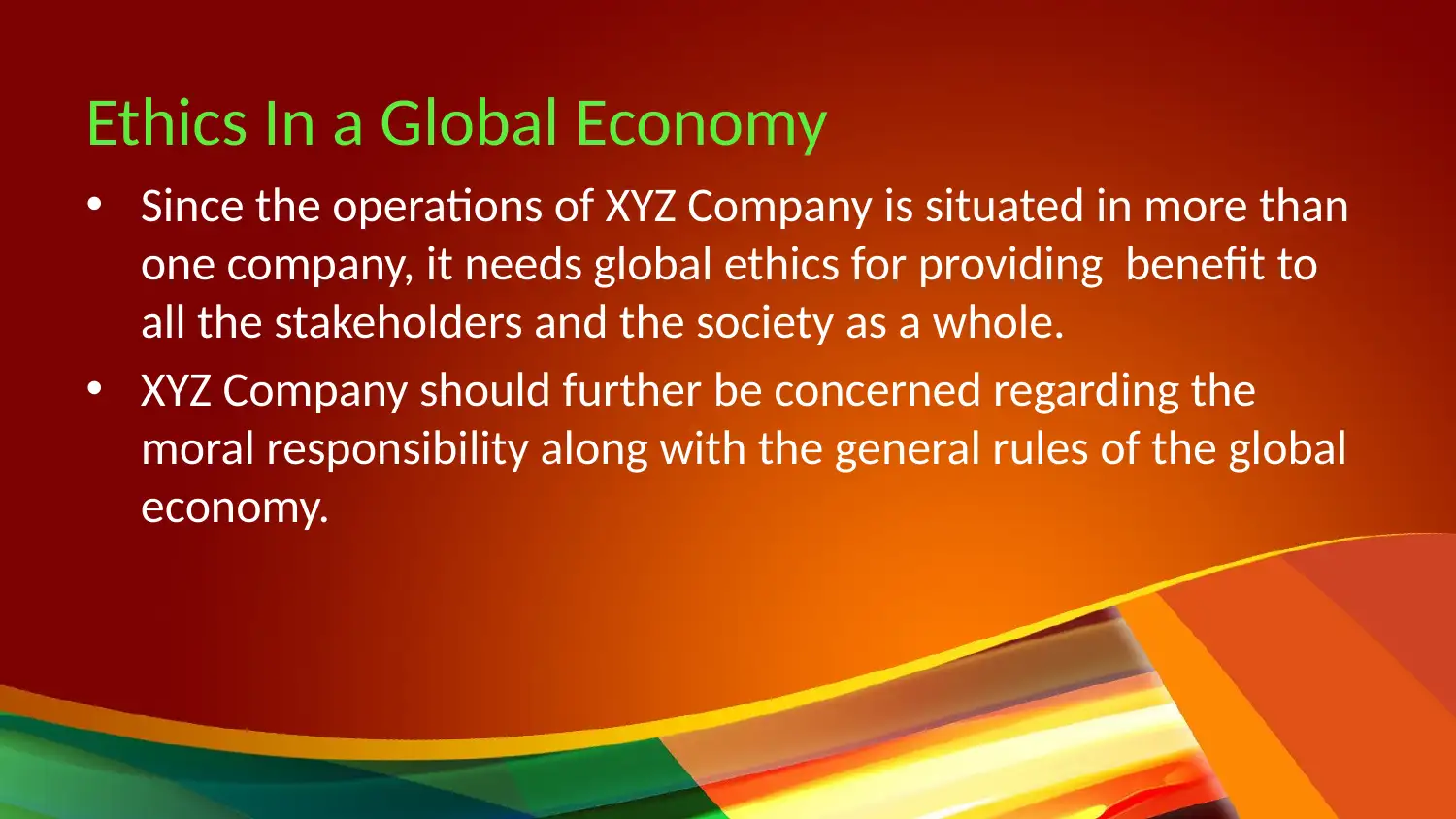
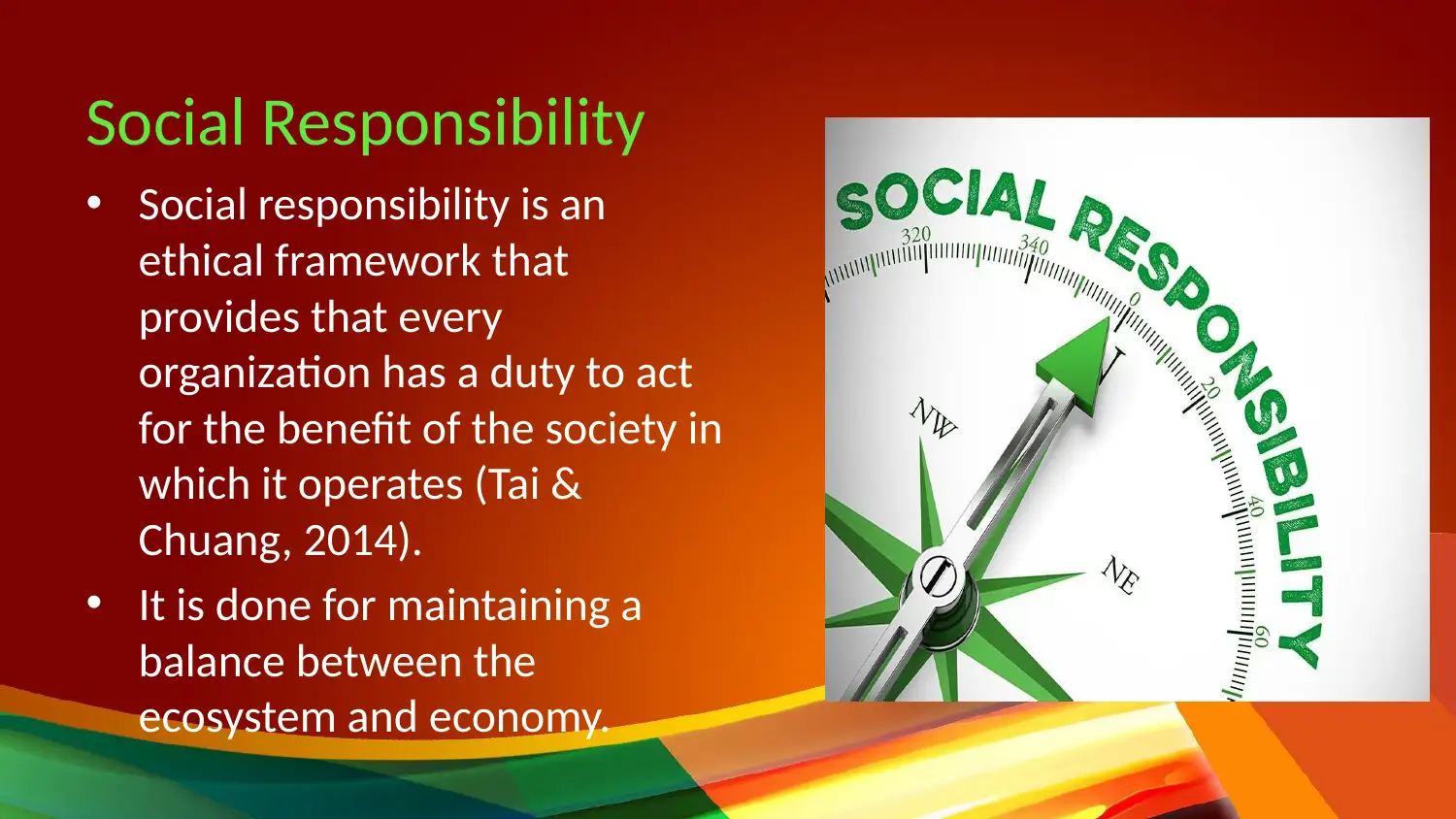
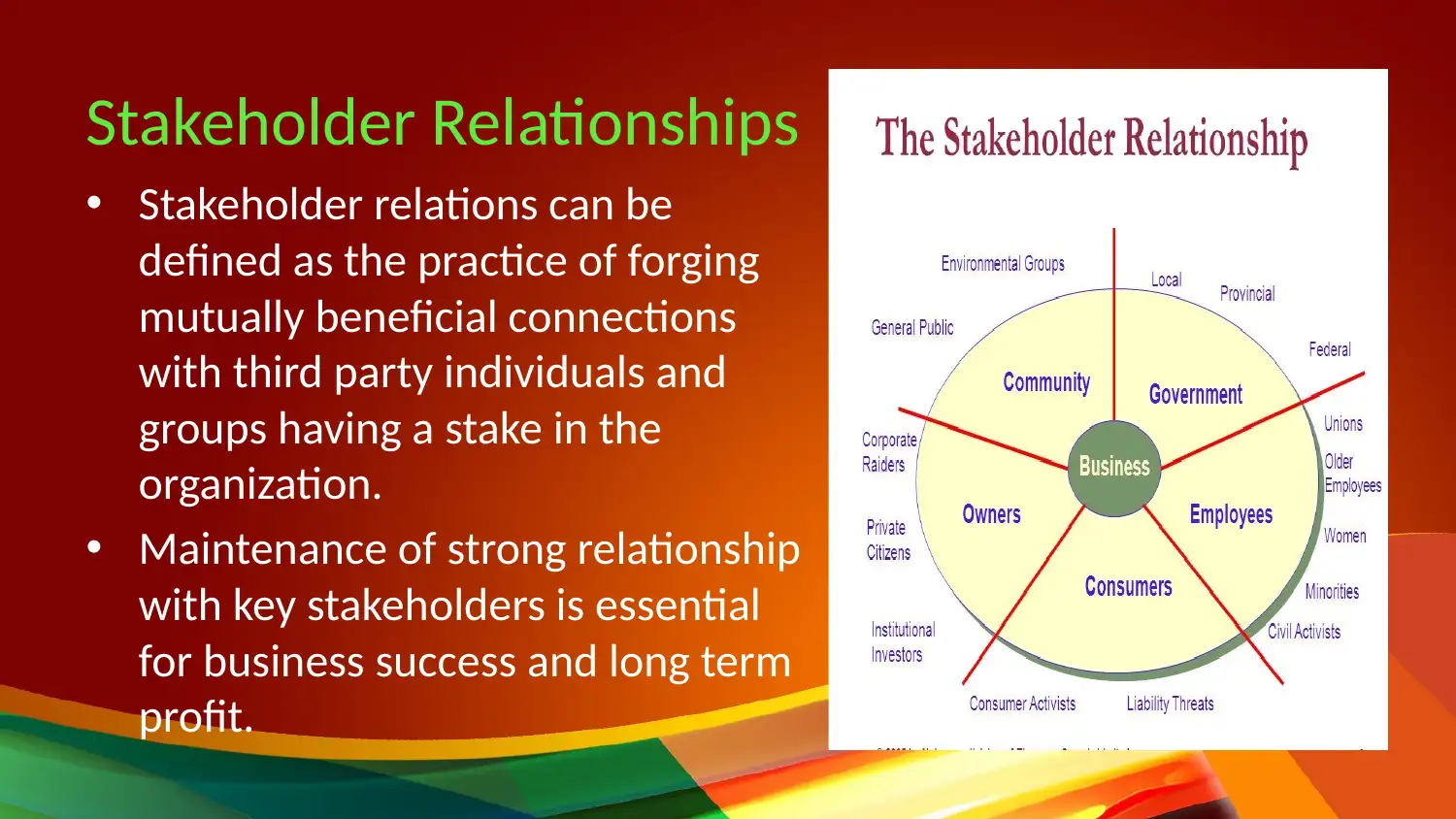
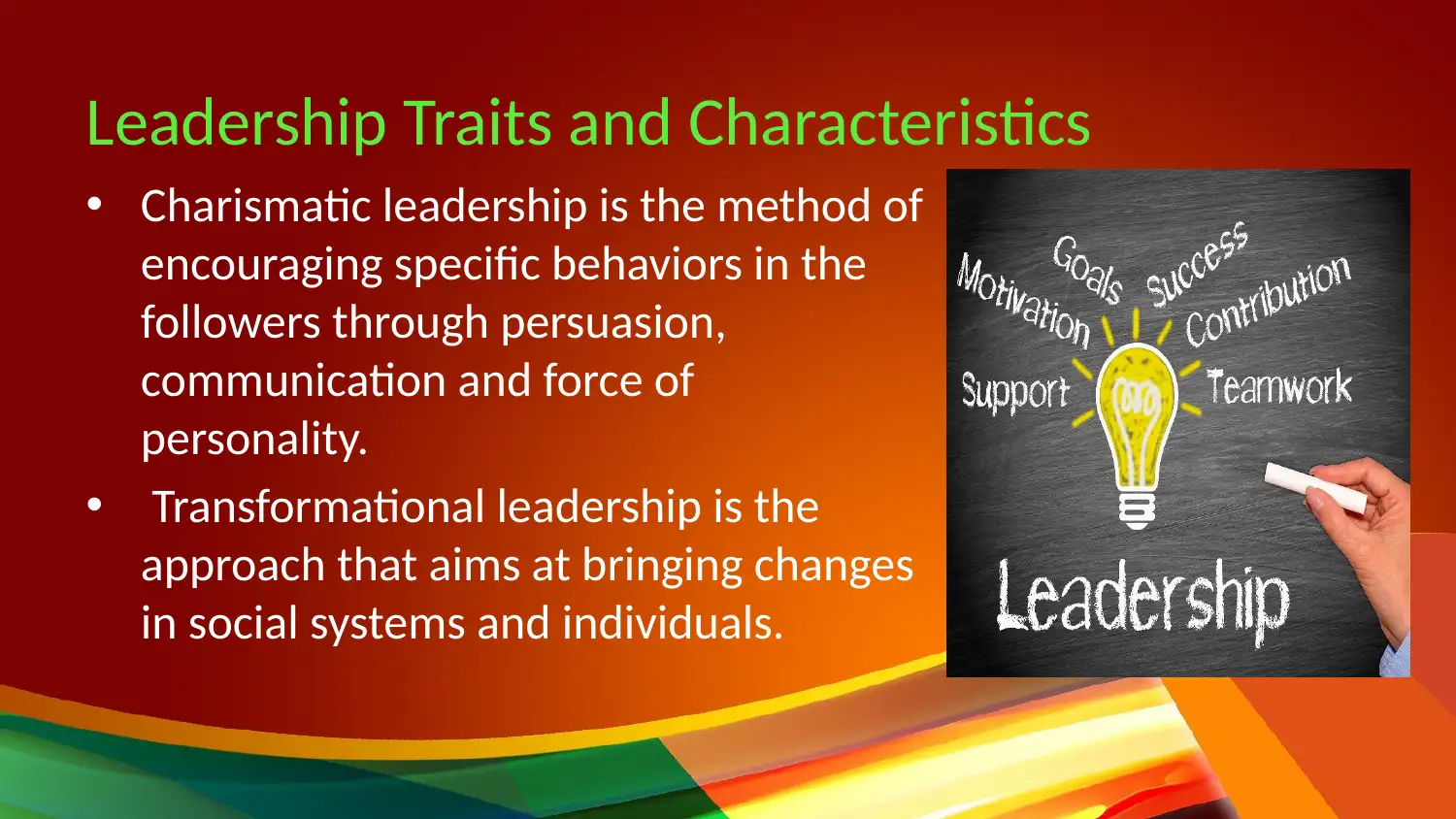
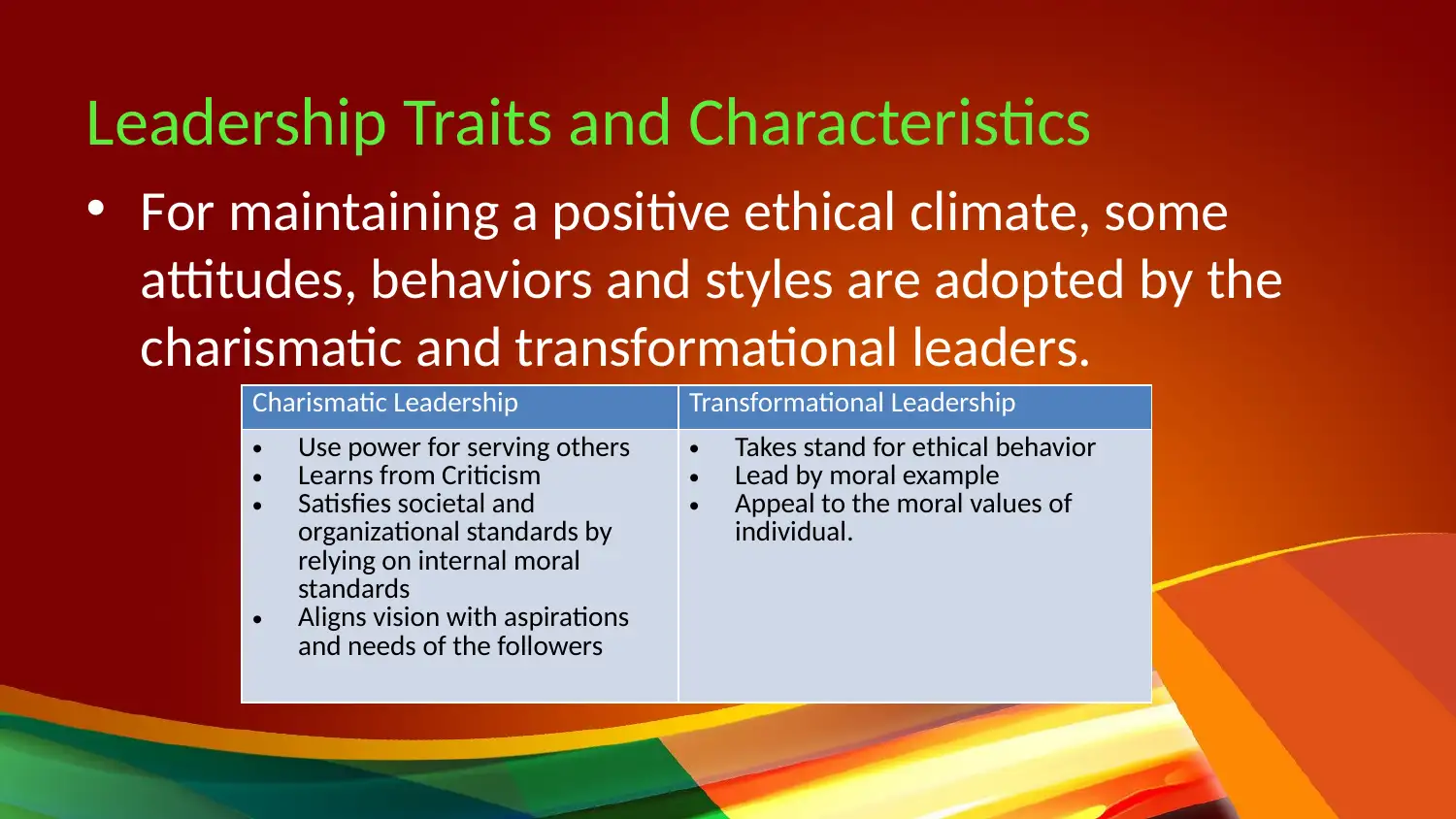
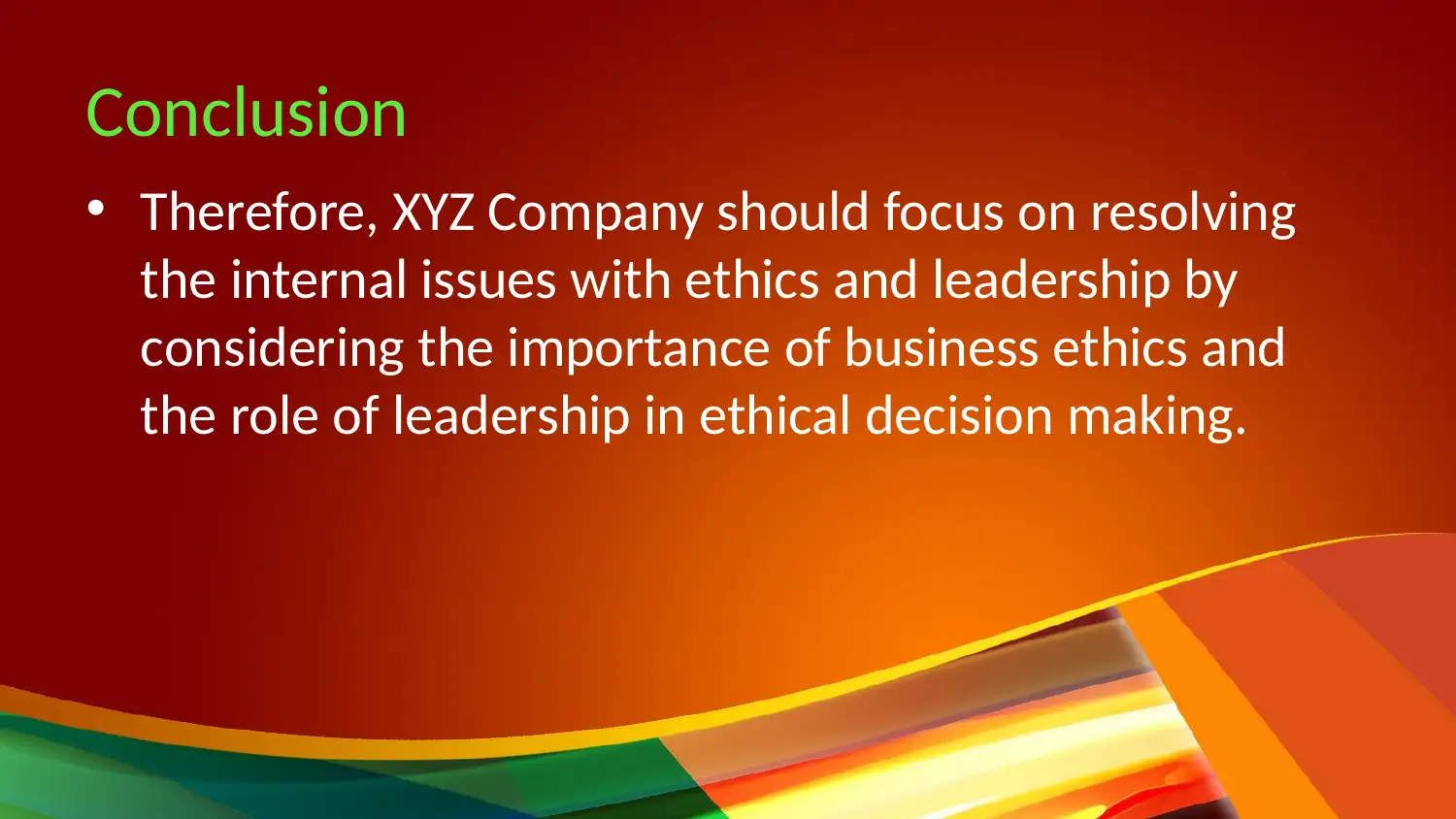
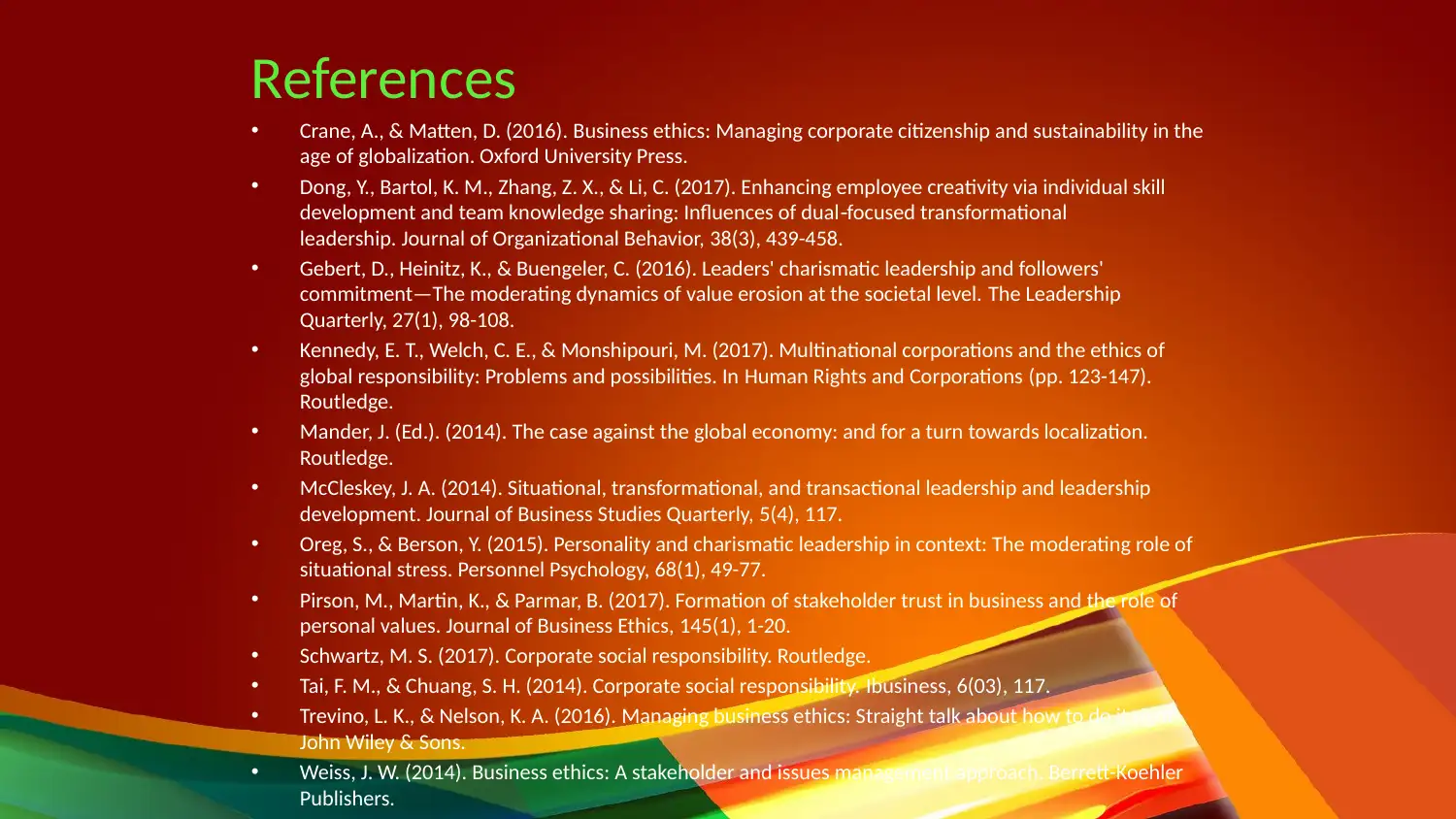





![[object Object]](/_next/static/media/star-bottom.7253800d.svg)